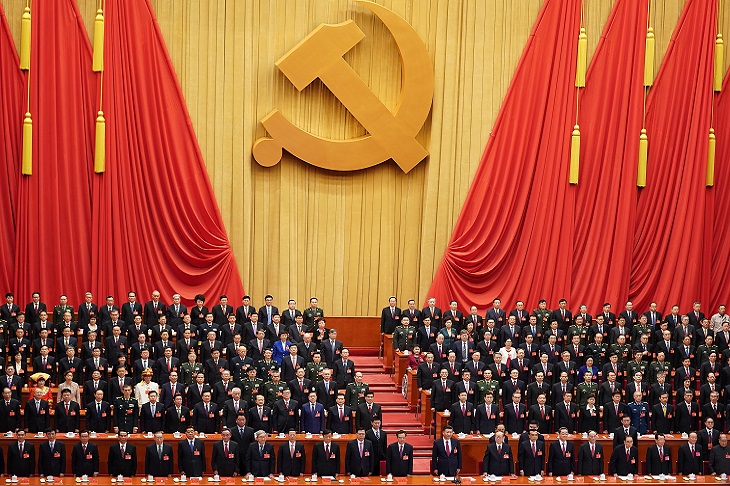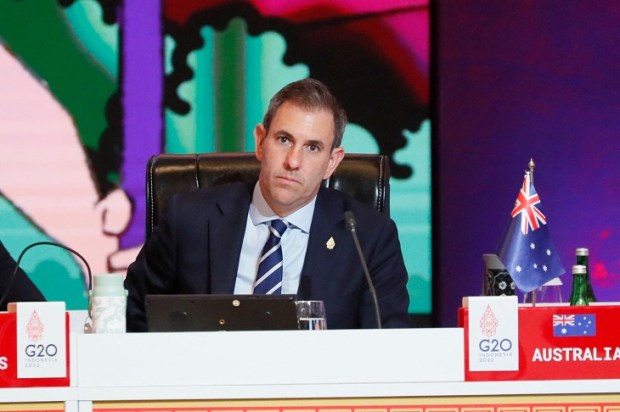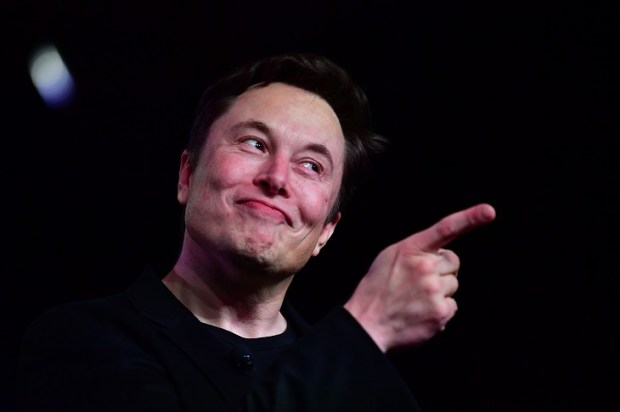Are we really going to be the lucky country forever? Or are we actually the stupid self-indulgent teenage brat of planet Earth, about to get the spanking of its short, spoilt life?
Australia is seeking to grow business and trade ties with India as it surpasses China as the world’s most populated country.
India has a rich and long history of its own, but there are similarities with Australia in its more recent history: it’s a democracy, and a former British colony, and English is a native language among the middle and higher socioeconomic classes.
But while China may now be number two by population, its economy is four times the size of India’s. In recent decades, China’s had an average 10 per cent per year growth rate. That’s slowed down recently, but a report from the management consultancy McKinsey says even at this lower growth rate it’s still ahead of most Western countries. Even if the Chinese market grows at only 2 per cent per year between now and 2030, that will still add the equivalent of India’s entire GDP today to China’s GDP.
If it grows at 5 percent a year, McKinsey says, China would be adding the GDP equivalent of India, Indonesia, and Japan altogether.
People keep asking, ‘What will be the next China globally?’ The answer, is China.
Which is somewhat annoying if you like the idea that the best form of government for economic prosperity is liberal democracy. But China’s growth remains dependent upon free market capitalist principles, and prosperity will only be enhanced by more market liberalisation and freedom, not less. Let’s hope Beijing starts to realise that soon.
What does all this have to do with us as Australians? Like it or not, we have been delegated by the world’s business community to the ‘Asia Pacific region’ and China is the biggest economy in our region. It may not be as rich as we are on a per capita basis, but its population is 50 times ours and its economy is 10 times the size of ours. And it’s growing. The World Bank says more than 93 cities in China are projected to become high-income, by 2030. 93… Let that sink in.
So what’s our plan? As my guest on ADH TV’s The Other Side Interviews last week, CEO of freelancer.com Matt Barrie gave a wake-up call to Australia and Australians that we had better totally change the way we’re operating and thinking if we want any kind of future at all that looks anything like our past.
‘The impact of AI on the world in terms of social displacement is going to be as big as the mechanisation of manufacturing in the 20th century, but mainly in white collar jobs,’ Barrie told me. ‘Singapore has made a [billion dollar] investment in this to try to be on top of it because, hopefully, all technologies do create more jobs than they destroy, but there is always temporary dislocation.’
Barrie says Singapore is creating high-end jobs and supporting enterprises and Australia needs to be doing the same, starting with Year 10 students.
‘We have to string the dots between Year 10 in school when kids are making decisions about their future careers and get more people into skilled education in the trades, and in degrees, but the right degrees.’
Barrie is right. No more taxpayer-funded gender studies, or social not-really-sciences for a couple of decades. Not until we right the ship.
In fact, why wait until Year 10? Computer Coding and Mandarin should be the second and third languages taught from Year 1.
As much of an affront as that might sound to passionately nationalistic Aussies, proud of our Judeo-Christian and Greco-Roman European history, the only way we’re going to have power in our region in the future is through education – in the right areas: language and cultural understanding of our region, mathematics, and the sciences, specifically in information technology and AI, and most necessary of all, economics.
Secondly, we need vision. We need to become the ‘European’ centre of Asia. We need to become the platform for the Western World doing business in Asia.
That’s not racist, it’s leveraging our heritage and our unique position in history and geography. It’s what Hong Kong could have done if Beijing had more vision.
To achieve this, we need a Euro-American-centric immigration policy built around Euro-American multinational companies already operating in (or aspiring to operate in) the Asia Pacific.
This means we need radical visionaries as leaders, and boy, are we a long way from that!
We need Northern Australian cities close to Asia – Darwin, Broome, and Cairns – to become major centres connected to Asia for growth, populated by Australian, American, and European multinational corporations and their staff of all backgrounds. These cities need huge airports and ports to support regional engagement.
Does this sound like a big call? Three new big cities?
Remember, China has 160 cities with populations similar or greater than Adelaide and Perth and 16 that are bigger than Melbourne and Sydney.
We’re so far from this kind of visionary mindset in our governments, that I sadly don’t think we will be able to do it.
To achieve this we need to completely reverse our thinking around three areas of national distraction and toxic ideologies that are holding us back right now.
The first is Net Zero. Forget it. Leave it to the big countries that can actually have a positive impact. The idea Australia can have any impact on carbon and the climate while China and India grow at lightning speed is a self-indulgent delusion used by left-wing parties like Labor and the Greens for political power and the renewables industry to push their wares. So we need to shut up about it. We need energy. Lots of it.
Sure, keep innovating new tech, but let the market do its thing and put our focus elsewhere, such as ensuring our energy security for the future.
We need nuclear power, yesterday.
And we need to stop listening to Greens and environmentalists for about the next 20 years.
It’s absurd and indulgent thinking to believe that while China builds 100 coal-fired power stations a year – that’s two new ones every week – that shooting ourselves in the foot by closing one or two down is going to have any effect on anything.
The second thing we need to stop spending time thinking about is the Voice and racism more generally. We’re not a racist country. We’re one of the most welcoming, fair multicultural countries on Earth and probably the most such nation in the Asia Pacific region.
And why are we so non-racist? Because of Western European liberalism and thought. As a national community, we look after the descendants of our early Indigenous people very well already, with taxpayers sharing the wealth to the tune of spending on Indigenous Aussies that’s 1.5 to 2 times per person what we spend on non-Indigenous Australians.
It’s freedom and liberty and democracy that is under threat and that we need to defend now.
We need to decide. Do we value our British and European heritage or not? As European Australians, do we want to be the European centre of Asia? Is that our role in history that we should be leveraging? I think so.
As Asian, South Asian, or Middle-Eastern Australians, do we see the opportunity this presents for us: to leverage all the European things we and our ancestors came to Australia for, to take that back to the lands of our ancestors and be a beacon and champion for the rule of law and liberal democracy and the collective prosperity that comes from free economic systems, for this Asia Pacific region?
As Aboriginal Australian descendants, are we ready to be a little bit thankful for what the Europeans brought to this land and forgive things that happened to our ancestors that were no worse than what happened to any other Australian’s ancestors born in our time? Are we ready to focus on what will help our children flourish into the future?
The third thing we need to reverse our thinking on is sexism, the #MeToo movement, and gender ideology. We are not a sexist nation and we do not have a discrimination problem against people of different sexuality. We are one of the most open-minded liberal countries on Earth when it comes to this stuff. These current obsessions over the minutiae of gender politics are again the narcissistic indulgences of a rich, spoilt people.
If we spend as little time as possible thinking about that stuff and more pondering the things that matter – like what our vision for our nation is for the next 20 years and how we’re going to get there – we might be able to reverse the inevitable decline and downward trajectory we are now on.
Got something to add? Join the discussion and comment below.
Get 10 issues for just $10
Subscribe to The Spectator Australia today for the next 10 magazine issues, plus full online access, for just $10.

























Comments
Don't miss out
Join the conversation with other Spectator Australia readers. Subscribe to leave a comment.
SUBSCRIBEAlready a subscriber? Log in